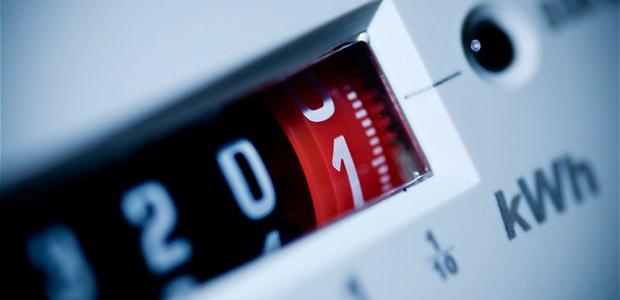The current cost of industrial electricity in Germany is about half that of rates now imposed on Greek industrial enterprises, a study conducted by Deloitte has shown.
The rate for German industry, including transmission costs, taxes and all other surcharges, is 39 euros per MWh, whereas the equivalent cost in Greece, following the recent elimination of a 20 percent electricity rate discount previously offered to industrial consumers, a bailout demand, now exceeds 76 euros per MWh.
Market officials attribute this major discrepancy to two main factors, the lack of competition in Greece’s electricity market, and excessive surcharges and taxes imposed on electricity bills for the industrial sector.
Competition in the electricity market, as well as lower network-related costs and other taxes and surcharges, has maintained the cost of power for Germany’s industrial sector at a lower level, the study found.
Action was taken in Germany to significantly reduce the country’s industrial electricity tariffs in 2014 and 2015 after the country’s rate, not including network fees and taxes, exceeded 43 euros per MWh, the study noted.
In Germany, network fees for the industrial sector are below one euro per MWh as a result of a 90 percent discount offered. All other consumer categories are charged this amount. As for taxes and surcharges paid by German industrial consumers absorbing levels of over 1,000 GWh, these total just over 3 euros per MWh, while smaller industrial enterprises pay slightly less than 4 euros per MWh.
An older study conducted by Roland Berger for the Greek market showed industrial consumers absorbing between 50 and 1,000 GWh pay 9.14 euros per MWh in taxes and surcharges as well as an additional 3.5 euros per MWh for network transmission fees. The price is further burdened by the cost of carbon emission rights, at 6 euros per MWh.
It all adds up to making industrial electricity in Greece 95 percent more expensive than in Germany.
Greece’s industrial sector, faced by the local economic slowdown, is striving to remain afloat through an intensified export-oriented drive, but high energy costs are hampering the effort by making local industry less competitive.
Lower energy costs in Germany are not incidental but represent an organized effort by the state to support local industry, a key to economic growth.





